- About Us
- Columns
- Letters
- Cartoons
- The Udder Limits
- Archives
- Ezy Reading Archive
- 2024 Cud Archives
- 2023 Cud Archives
- 2022 Cud Archives
- 2021 Cud Archives
- 2020 Cud Archives
- 2015-2019
- 2010-2014
- 2004-2009
 |
Ezy Reading: |
A native of Sydney’s Northern Beaches, Julian Warne is the author of Safe Haven, a novel that addresses veteran’s disability issues both in the United States and Australia. The Cud’s Evan Kanarakis recently had the chance to sit down and talk with Julian about what inspired Safe Haven, his experiences writing and researching the book, and what lies next.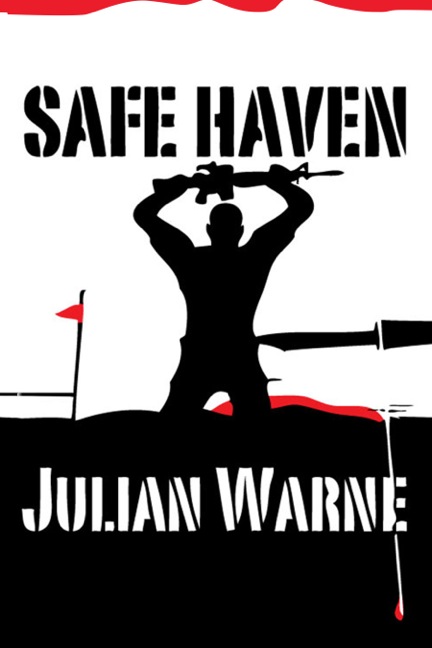
THE CUD- Why don’t you start by sharing a little of your background?
JULIAN WARNE- I have a diverse background... My first job out of uni was at the Department of Foreign Affairs but I’ve also been an editor, worked in telecommunications and I.T... I had written in the past but never for myself. Wanting to tell a story, wanting to somehow make that story count for something, and doing something of size, was entirely new... telling my own story was new territory!
THE CUD- What brought you to this particular story, and what was it about veteran’s experiences in particular that you found so compelling?
J.W- The reason I wrote the story is mirrored in the story itself, and in some ways the book is almost a 'self-fulfilling' prophesy… A few years back I was watching TV and saw a picture of disabled US Veterans -men and women, missing arms, legs, and more. I felt compelled to do something -not sure what- but there was a sense of just needing to say thanks. While Australian soldiers were in the war we didn't lose anyone till much later, it impressed upon me the US was bearing the bulk of the brunt of this stance.
THE CUD- Tell us about the main characters of Safe Haven.
J.W- It's about an Aussie, Steve Owens, who sees the same things I did, and has a vision to create a Safe Haven for disabled US Veterans to recover and rehabilitate in the Outback. We also meet US Army Lieutenant James Hooker, one of the first of a group of Veterans to arrive at Safe Haven. When a group of terrorists previously involved in the Bali Bombing see Safe Haven as an ideal target, the action really picks up!
THE CUD- Researching and writing the book must have led to many impactful experiences...
J.W- Having been writing in Sydney then travelling [to the U.S] to meet veterans was a humbli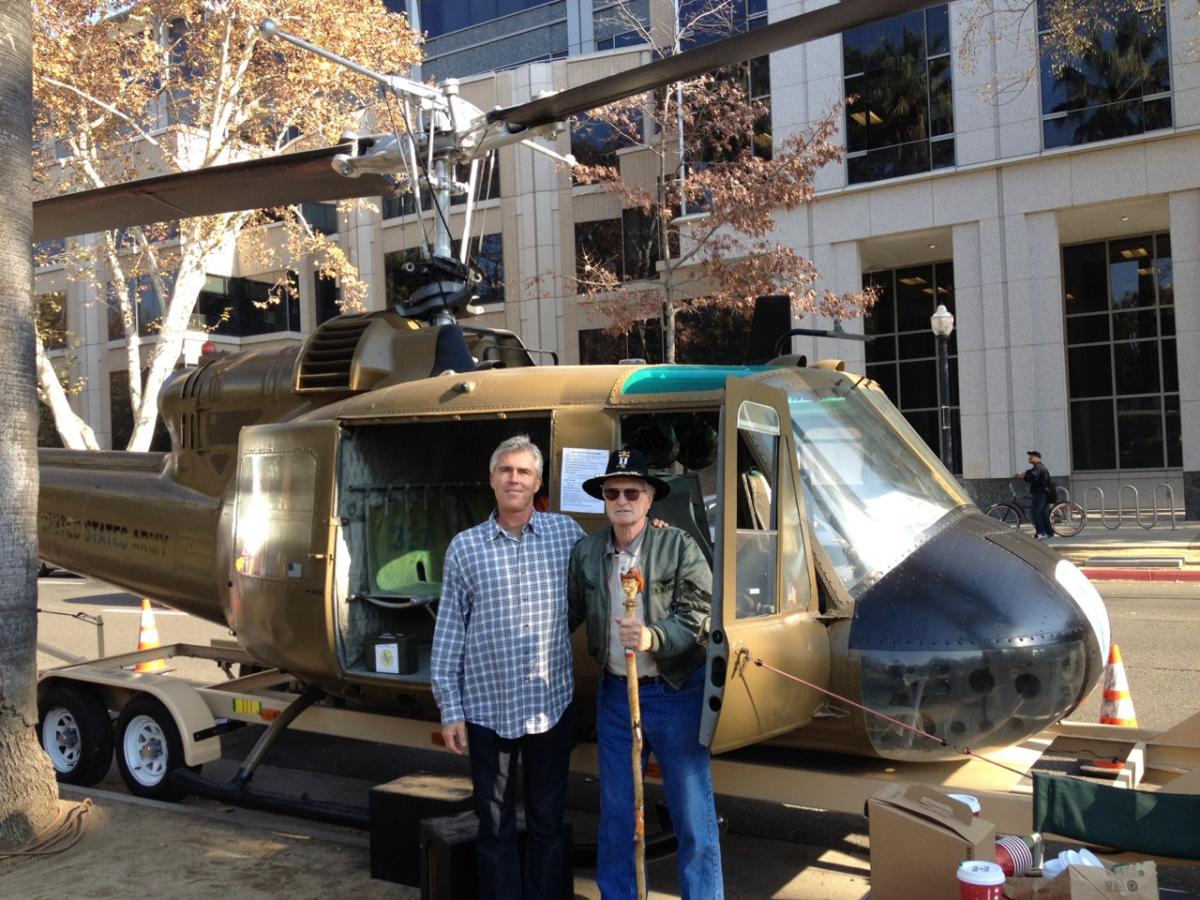 ng experience. One veteran who showed me hospitality… I was only the fourth person who'd been in his downtown apartment. He’d had a visitor from the VA, his landlord, a friend who helped him move… and me. Number four. And he wanted to help me.
ng experience. One veteran who showed me hospitality… I was only the fourth person who'd been in his downtown apartment. He’d had a visitor from the VA, his landlord, a friend who helped him move… and me. Number four. And he wanted to help me.
THE CUD- Issues like suicide, PTSD, drug and alcohol abuse impact so many returning veterans, both within Australia, the U.S and elsewhere- do you feel our approach to understanding and aiding these issues is improving?
J.W- In the short term since I started writing, there has been a huge improvement in the approach and understanding to help veterans. Currently there's a growing realisation that pharmaceutical medications have their place, maybe more like an ‘ointment’ that’s applied to the outside of the wound. But for real healing of invisible wounds, you need something else. BCBT (Brief Cognitive Behavioral Therapy), a form of therapy outside of drugs, has proven effective in some aspects. Also, the latest research shows that suicidal tendencies come from these things called ‘maladjusted traits’, where veterans feel negative thoughts about themselves; about their world… How does one combat negative feelings and thoughts?
I’ve come across countless people and organizations, small to large, that are committed to making a difference… Chaplains Suzie DeCamp in Auburn and Terry Morgan in Gold Country NorCal work in regions covering millions of people, and care for veterans and the homeless in a holistic way with practical as well as spiritual help. I worked hands on in the streets with these guys…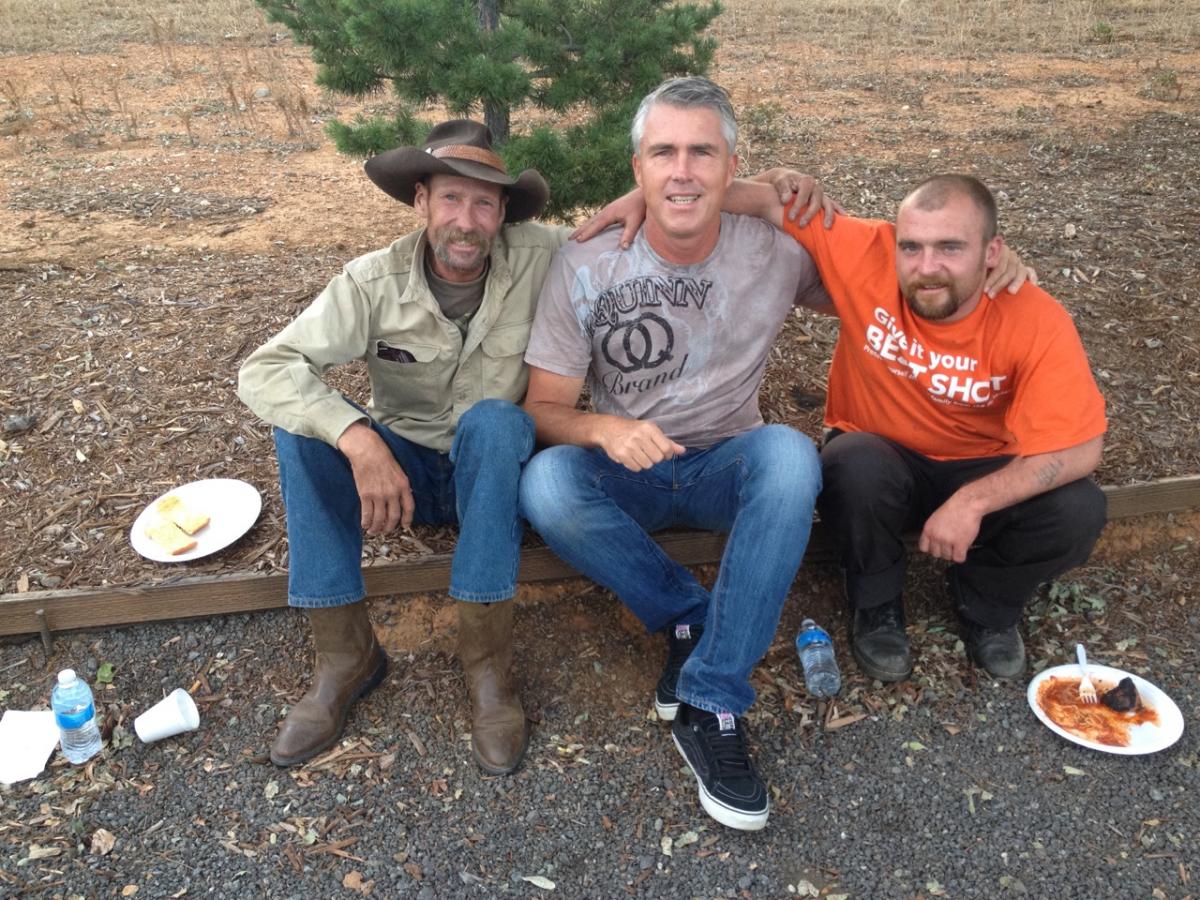 Norman Semien, at the West LA VA glimpsed the Safe Haven vision and was encouraging, wanting to get the message out to stop veteran suicide. Organisations like PsychArmor are also impressive, providing easy to understand online courses that empower and educate people to learn how to understand and help veterans, even going so far as to provide guidance for businesses who want to employ veterans. And there’s so much more… I saw Tom Hanks recently serving as spokesperson for the Hidden Heroes initiative, drawing attention to veteran caregivers... Think of how many families care for their veterans! These carers are unseen, get no acknowledgment… I’m truly impressed by the incredible people I have seen and met taking action to help.
Norman Semien, at the West LA VA glimpsed the Safe Haven vision and was encouraging, wanting to get the message out to stop veteran suicide. Organisations like PsychArmor are also impressive, providing easy to understand online courses that empower and educate people to learn how to understand and help veterans, even going so far as to provide guidance for businesses who want to employ veterans. And there’s so much more… I saw Tom Hanks recently serving as spokesperson for the Hidden Heroes initiative, drawing attention to veteran caregivers... Think of how many families care for their veterans! These carers are unseen, get no acknowledgment… I’m truly impressed by the incredible people I have seen and met taking action to help.
THE CUD- There is obviously a strong political element at the heart of any armed conflict. Have you tackled the issue of politics in your work? Many of the soldiers I’ve talked to over the years often defer to saying they’re ‘apolitical’ and just there to do their job, no matter what.
J.W- In my experience, I haven’t heard any disabled veterans blame the government or their leaders. I would consider that to fight for one's country, family or life… to lose a limb… suffer PTSD or worse, as a result of service, transcends politics. I want to write and connect with readers in an entirely different realm... I'm not out to contend with political affiliations but move hearts! I want to raise awareness and motivate readers. If their response has a political form… if a political group or leader wants to help veterans, then that’s a good thing.
THE CUD- What has been the response to Safe Haven?
J.W- Veterans have been deeply moved in powerful ways. One veteran of the U.S 101st Airborne related how the message of the book helped him step back from ongoing suicide attempts. Others have responded that they just couldn't put the book down, and that the themes of the book really resonated with them…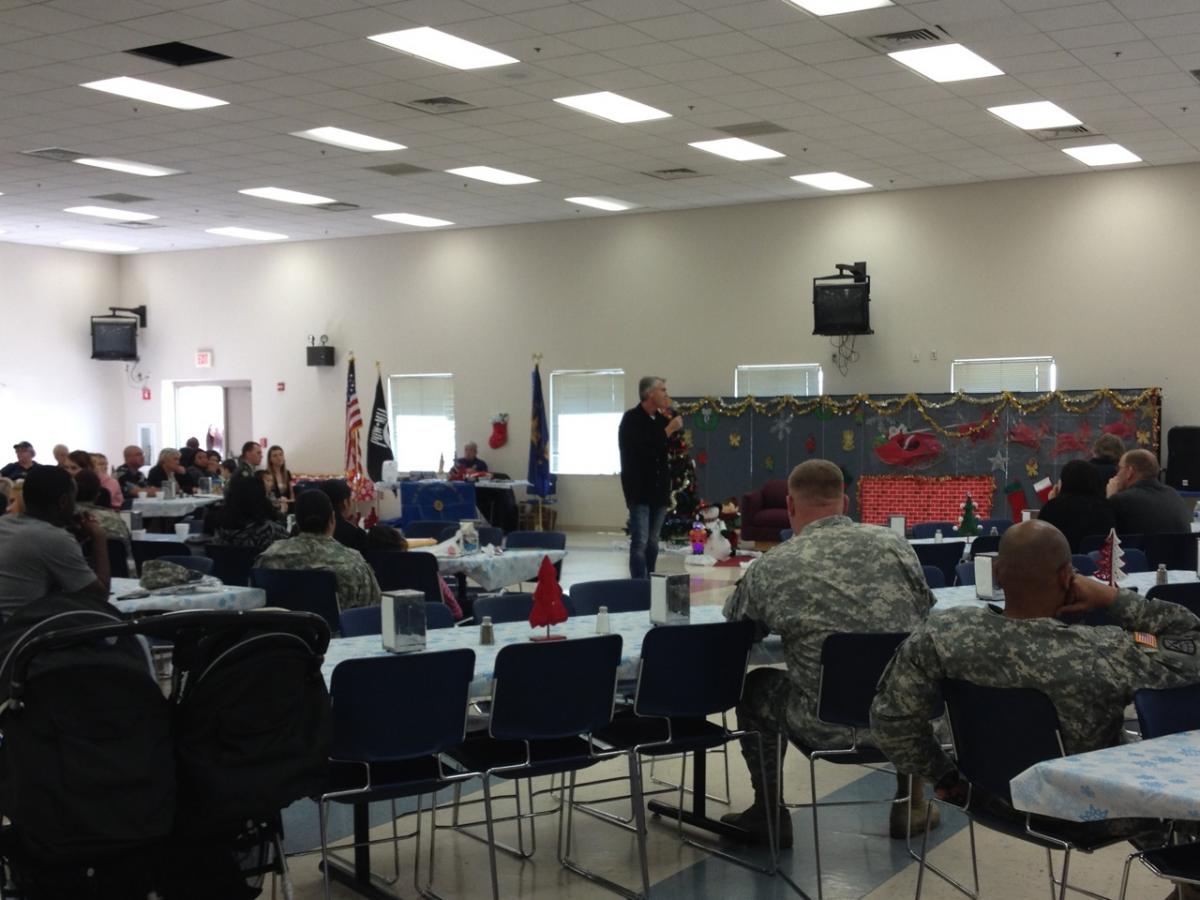
THE CUD- Purely from a writing perspective, tell us about the decision to self-publish.
J.W- If not for Amazon's CreateSpace, Safe Haven would not have been published. There’s nothing like seeing your own work in print! Unless you know someone, I've found that the traditional path in just about any area of life is a closed door. Getting connected with readers at the grassroots level, putting printed copies of Safe Haven into people's hands -especially Veterans- is just so good.
THE CUD- Subsequently to the release of Safe Haven you have journeyed overseas and come into direct contact with many U.S veterans. How have those experiences been?
J.W- There's not enough time to cover them all! I’ve been taken aback by the nature of American fighting men and women. What we sometimes see in movies is a stylized or skewed picture. The humility, yet capability and generosity (even when they are in need)… I find it hard to fathom the nature of these people.... I have thought a great deal about the differences between the American and Aussie military cultures (too much to go into here), but the bottom line is that all our veterans who put their lives on the line for our freedom -and I must include Brits too- are an amazing group.
THE CUD- It sounds like the book has the potential to become much, much more. What are your plans for a real ‘Safe Haven Australia’, just as in the book?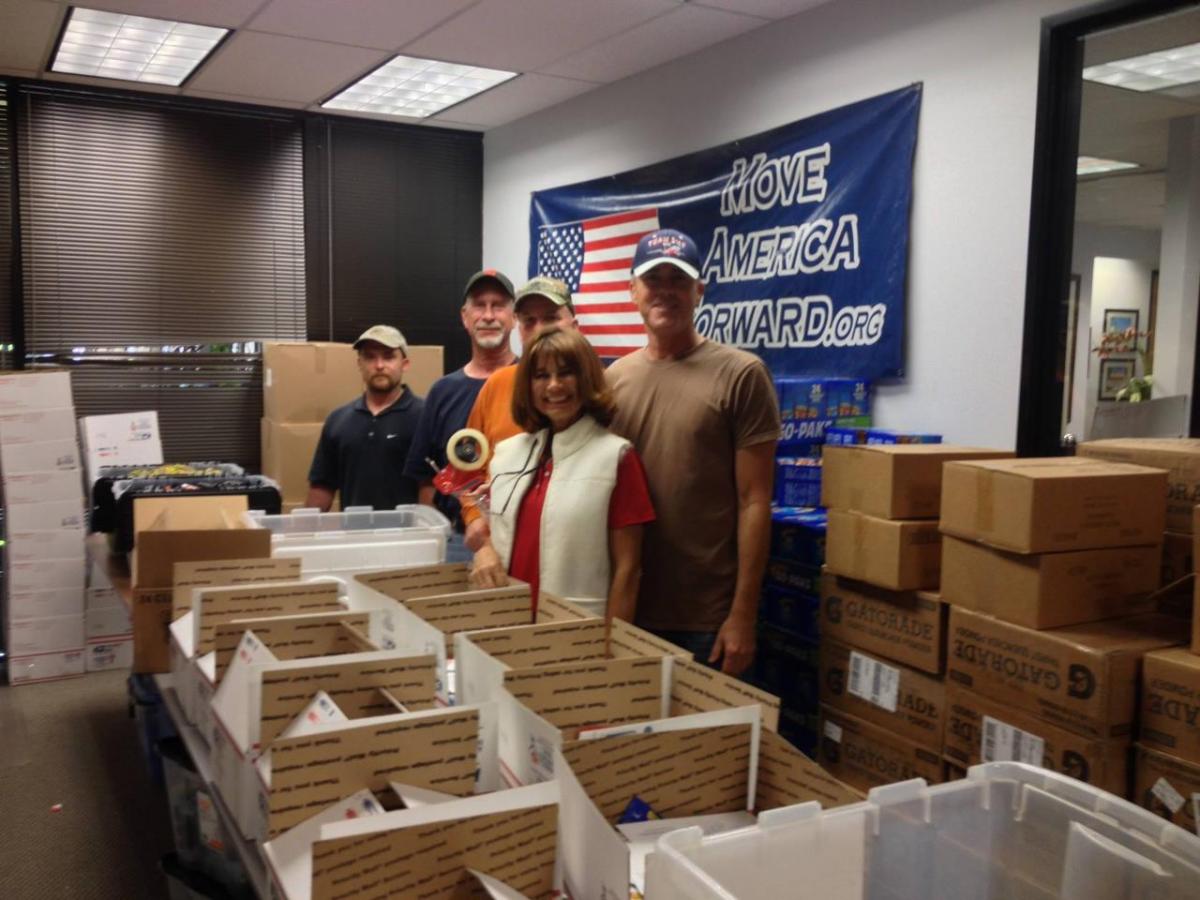
J.W- I believe at the right time that will bear fruit. There's a saying, 'On the mountain of the LORD it will be provided.' I can see real potential to serve veterans and caregivers worldwide with the latest technology and dedicated teams…
THE CUD- Looking ahead, you're already well on the way to completing your second book and a third and fourth are in the works. What are your plans for the scope and reach of the story?
J.W- I love my guys, Hooker and Owens, and the way they face different challenges and adversaries. I'd happily have a beer with them both! To keep the story fast paced, I haven't relied on flashbacks where we might learn about the character’s past. Instead, that side of them is gradually sewn into the stories over time so the characters become richer and richer.
In reality, the issues veterans face also follow transitions. For example, PTSD has been found to get worse, not better, in the years following a veteran’s return home. In a similar way, the first book addresses the physical issues of veteran’s disability and substance abuse. In the forthcoming second book, Dark Haven, PTSD, emotional issues and something like characters falling in love becomes more of a focus. At the same time, this is all still set against a backdrop of non-stop action, with the characters doing their part to stand against a growing tide of evil…
To learn more as well as purchase a copy, visit Safe Haven on Facebook and Amazon.
